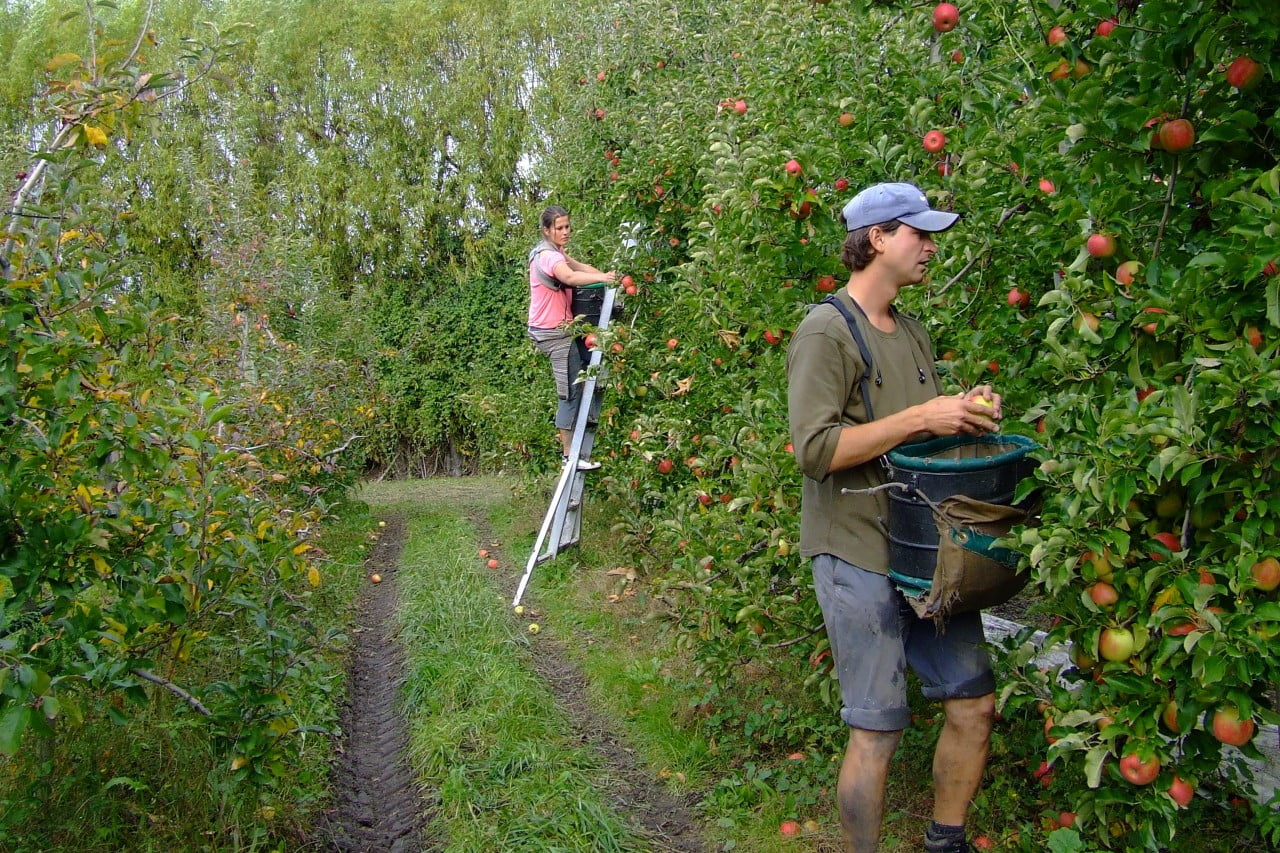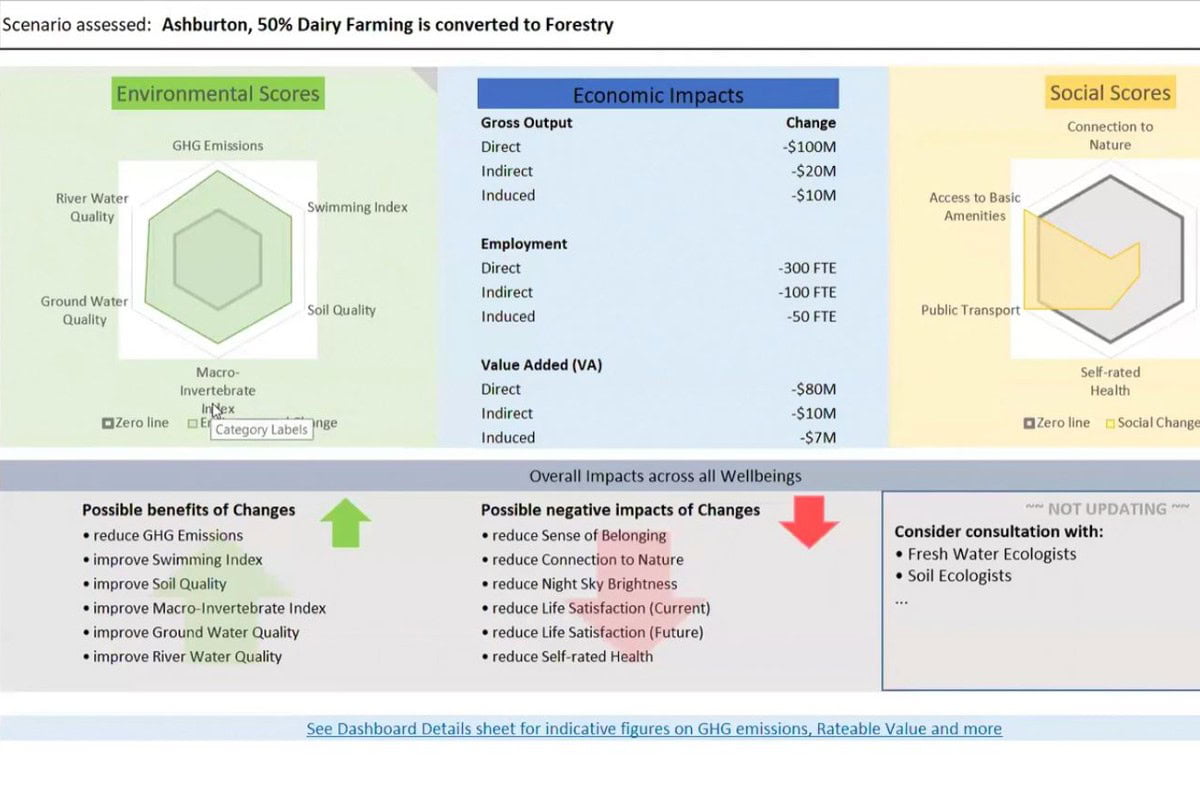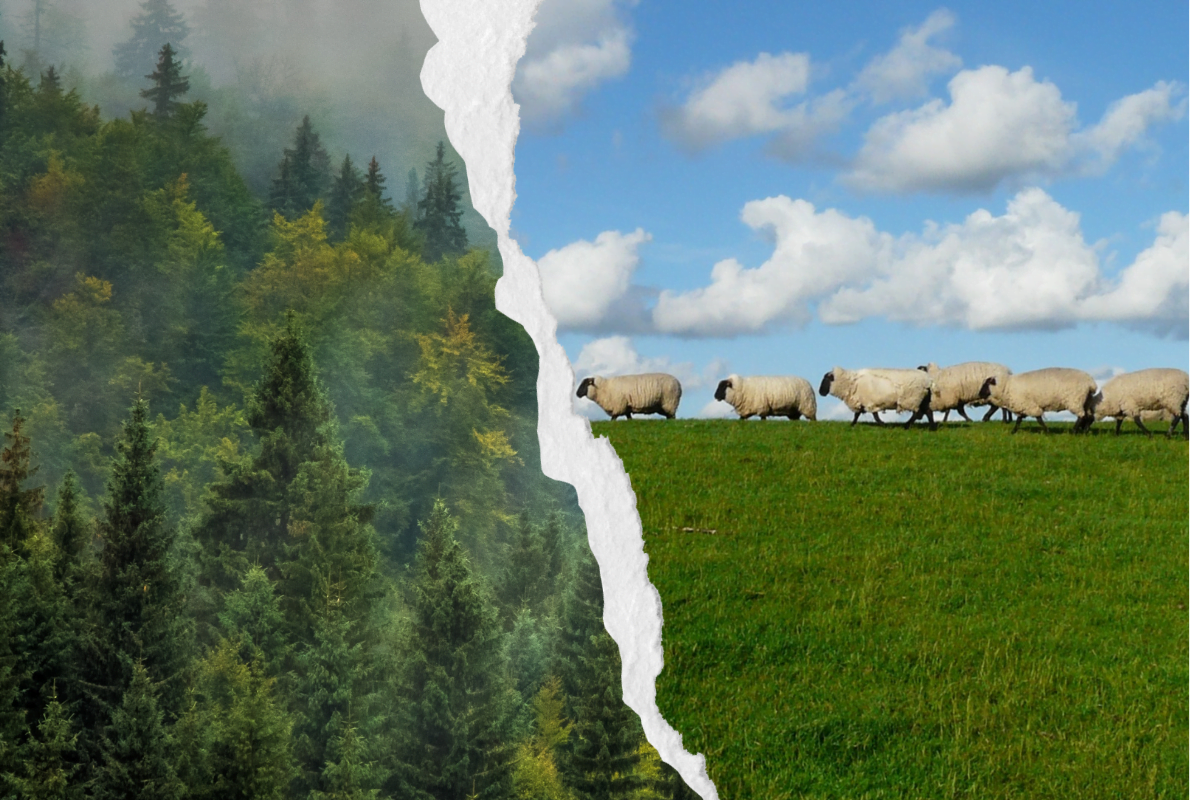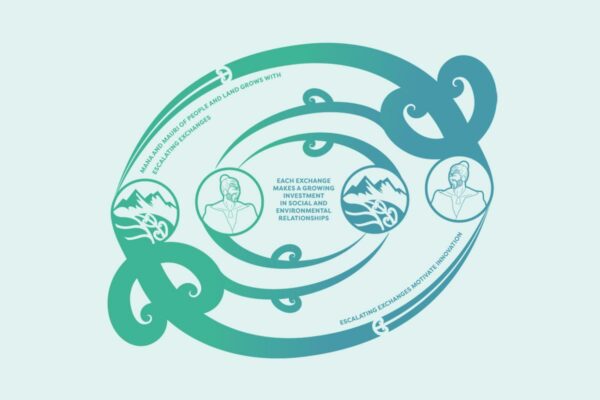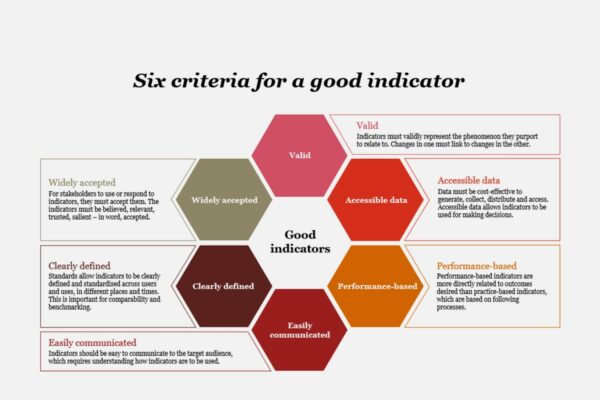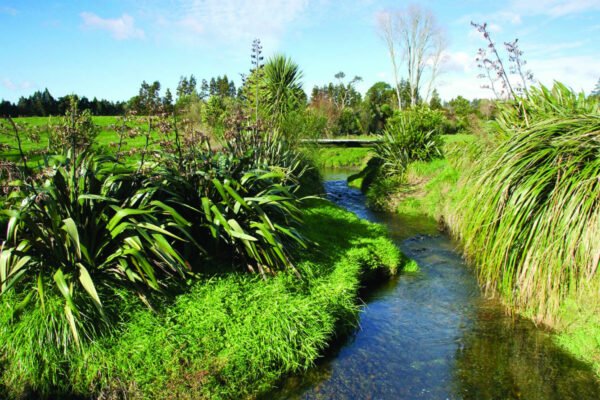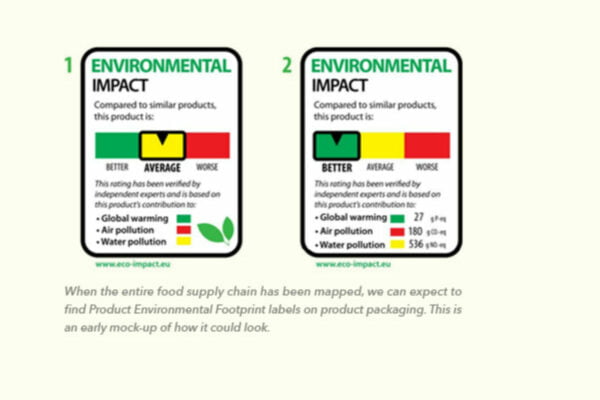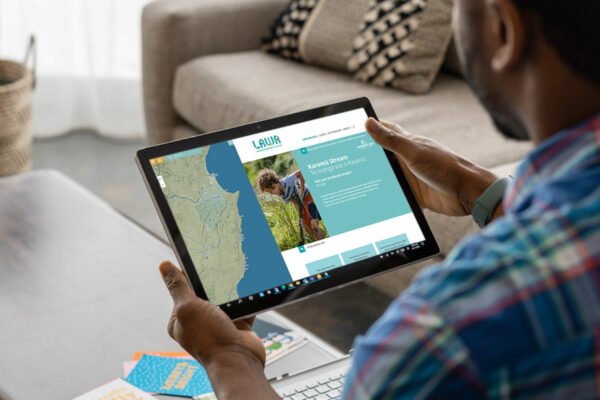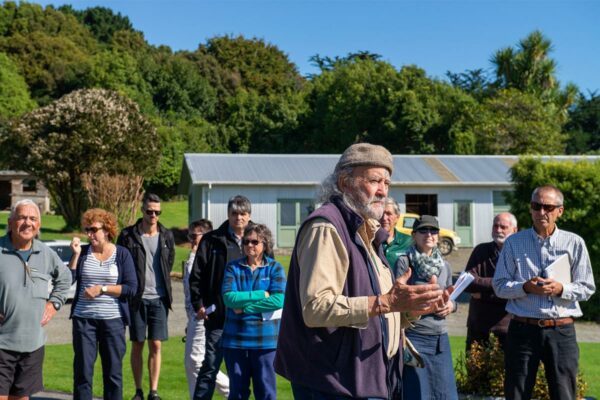Aotearoa Food Cultures
Linking sustainable food production with domestic consumption by describing the food cultures of Aotearoa
Project Details Ngā taipitopito
Collaborators Ngā haumi
Healthier Lives National Science Challenge | Massey University | Ministry of Health | University Of Otago
What are we doing?E aha ana mātou?
People eat differently, but advice on healthy diets – what people should eat, how much and when – mostly ignores the diversity of food cultures in Aotearoa.
Dietary advice tends to focus on universal messages and a relatively simple approach to the biochemistry of food. As a result, any attempt to link agriculture production to dietary advice will be too simple for the range of food cultures in New Zealand.
This working group is beginning the job of realistically linking sustainable food production with domestic consumption by describing the food cultures of Aotearoa and how people interact with official dietary advice.
Research will be undertaken in actual food-choice environments, where dietary recommendations meet individuals, whānau and groups. In these environments, people are making food decisions that express their cultures, but are also coping with prices, access to transportation, availability, and other constraints.
The project aims to describe what is happening in these environments and then flesh out a description of food cultures that puts people, places, and a mosaic of diets at the heart of the discussion.
How can the research be used? Ka pēhea e whai take ai te rangahau?
- Relevance and benefit to Māori interests are at the core of this work. The research will inform culturally appropriate interventions around food and diet for Māori whānau. Modelling by Healthier Lives will estimate the potential reduction in health inequities that could result from such interventions. A literature review will critically assess the deficit model of health, and consider attempts at the decolonisation of diets.
- This project will support a community health-based programme and an education-based set of programmes to promote a wider range of healthy diets that improve personal and community wellbeing, based on a better understanding of actual food behaviours and how they result from choices and contexts.
- This research will help policymakers create more culturally informed advice on healthy diets, by improving their understanding of the mosaic of food cultures in New Zealand and appropriate pathways for modifying food behaviours.
- This research will demonstrate the existence of specific types of food demand or specific consumer segments that could be supplied by the agri-food sector, creating more options for food producers.
- The ultimate goal of this work is to enable more New Zealanders to modify their food behaviours for improved wellbeing, by following healthy diet advice that is derived from their food cultures.
Participation & engagement Te hunga i whai wāhi mai
- Several existing community-based health and education projects are partners in this research, and will help understand and describe the food cultures of their participants and possible changes to diets.
- The project will work with and support small groups in the Healthy Families NZ programme, a Ministry of Health initiative, to understand the changes and communication approaches they would like in their communities. Research team members will facilitate these changes with the Healthy Families NZ community groups and assess the impacts they have. This work will provide evidence of potential approaches to improving diets.
- Members of the research team will also work with schools and food outreach organisations that promote healthy eating in schools.
 View Our Strategy Document 2019 – 2024
View Our Strategy Document 2019 – 2024



